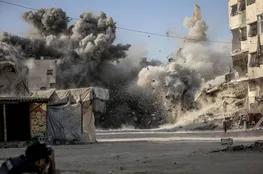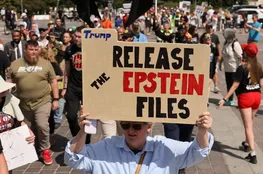As Spain grapples with the aftermath of its devastating floods, many in the football community are questioning the role of sports during such a crisis. The deluge that hit Valencia and other regions left more than 200 people dead and hundreds missing after a year's worth of rain fell within 24 hours last Tuesday and Wednesday. This catastrophic event not only claimed lives but also destroyed homes and businesses, leaving countless families in turmoil. Among the deceased was Jose Castillejo, a former Valencia academy player, highlighting the personal impact on the football community. Current and former players have found their lives or those of their families upheaved by this natural disaster.
The calamity prompted a heartfelt response from Osasuna manager Vicente Moreno, who hails from one of the worst-hit areas. He began his press conference with an emotional message of solidarity, reflecting on his own fears when he lost contact with his family during the disaster. This collective distress raises profound questions about the appropriateness of continuing football matches while communities reel from the tragedy. Many matches were canceled in the Valencia region, but debates continue over whether games should proceed in unaffected areas.
Despite differing opinions, La Liga president Javier Tebas argued for maintaining matches outside the affected areas, suggesting that doing so provides visibility and resources in these difficult times. Yet, many coaches and players, including Atletico Madrid’s Diego Simeone and Barcelona’s Hansi Flick, voiced discomfort with playing football amidst such human suffering. They echoed sentiments that stepping away from football could send a powerful message of unity and support.
Efforts to contribute to recovery have been widespread, with clubs and individuals rallying to support relief activities. Valencia’s stadiums became hubs for collecting supplies, as calls went out for anything from shovels to cleaning supplies. Players have been visibly active in these efforts, volunteering time to help sort and distribute much-needed donations. Clubs like Real Madrid, Villarreal, and Sevilla have made significant financial contributions to the Spanish Red Cross and other relief organizations, underlining the extensive reach of solidarity.
Communities have united in ways that transcend football rivalries. Coaches from abroad, like Unai Emery and Mikel Arteta, have expressed their condolences, and teams in international leagues have worn black armbands as a mark of respect. This solidarity is mirrored by fan groups and smaller clubs, who have organized efforts to gather essential materials or redirect gate proceeds from matches to aid those affected.
While the regional government declared days of mourning and halted all sporting activities locally, the broader question remains: should the sport pause entirely to focus solely on humanitarian efforts? Figures like Levante captain Vicente Iborra have pondered whether all of football should halt as a mark of respect and solidarity. He suggests that playing during times of communal grief may seem insensitive when lives and livelihoods are in peril so close to home.
This tragedy has sparked a robust dialogue on football's role in society, particularly in crisis times. While some argue that the continuation of football provides a distraction or economic support, others feel that it might detract from more urgent human needs. As Spain mourns and begins to rebuild, the actions and words from the football community will continue to play a crucial role in shaping public sentiment and recovery efforts.
























